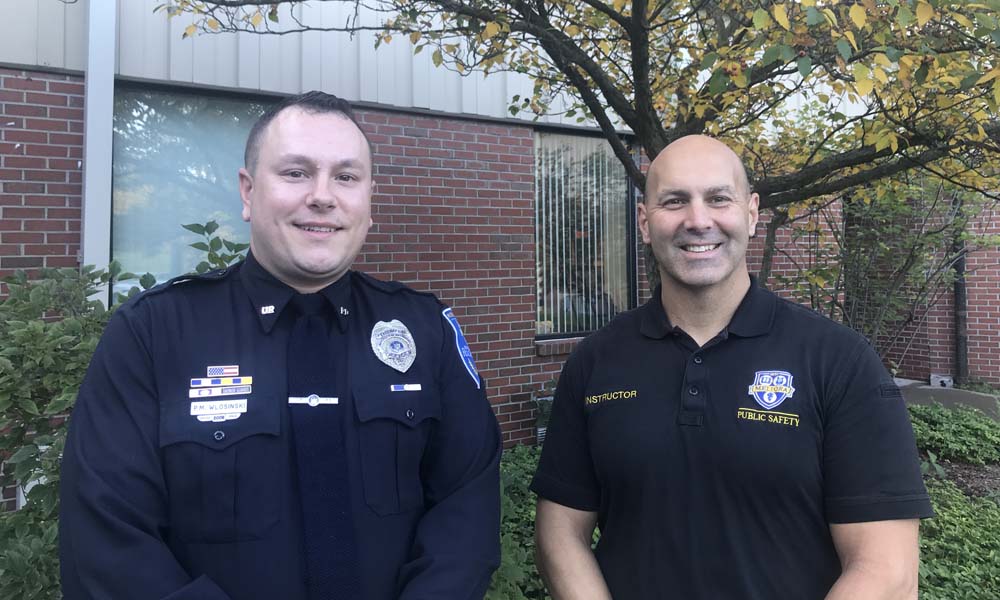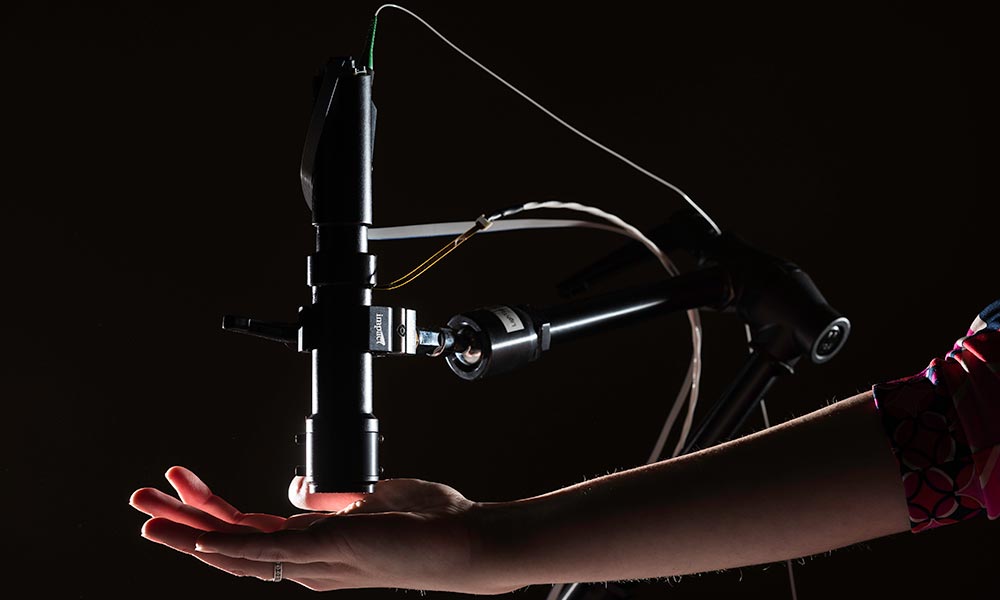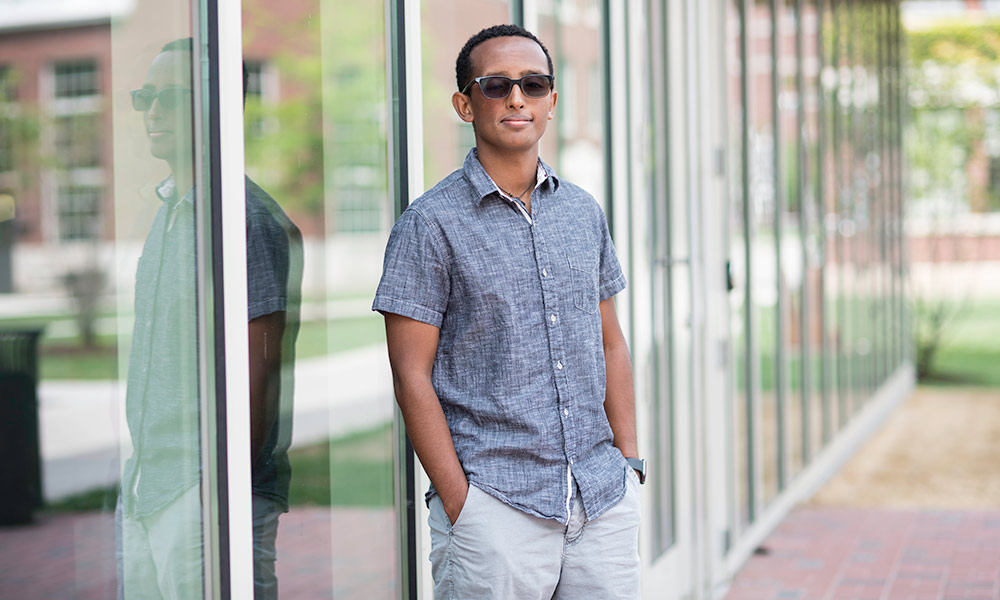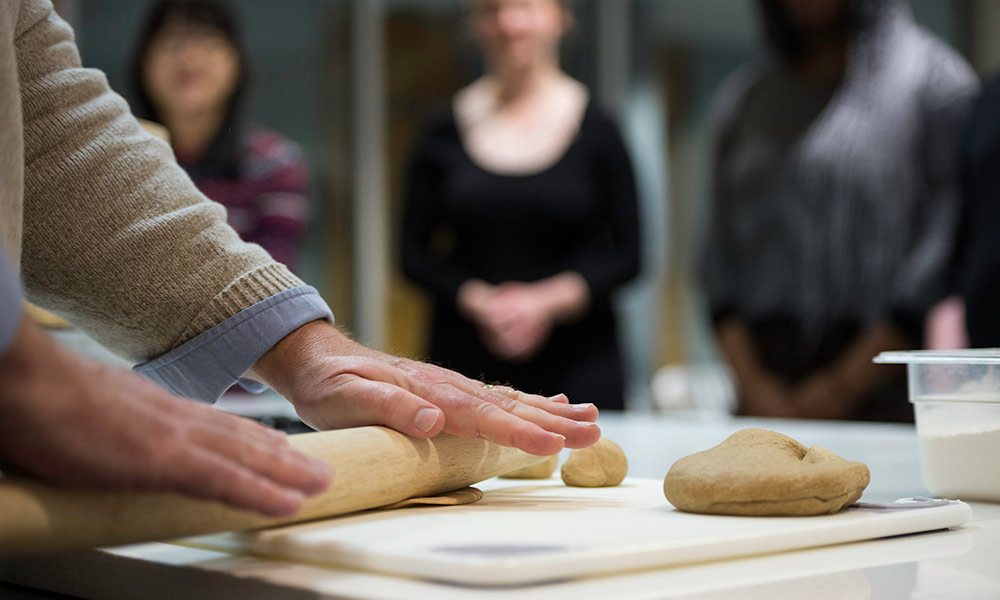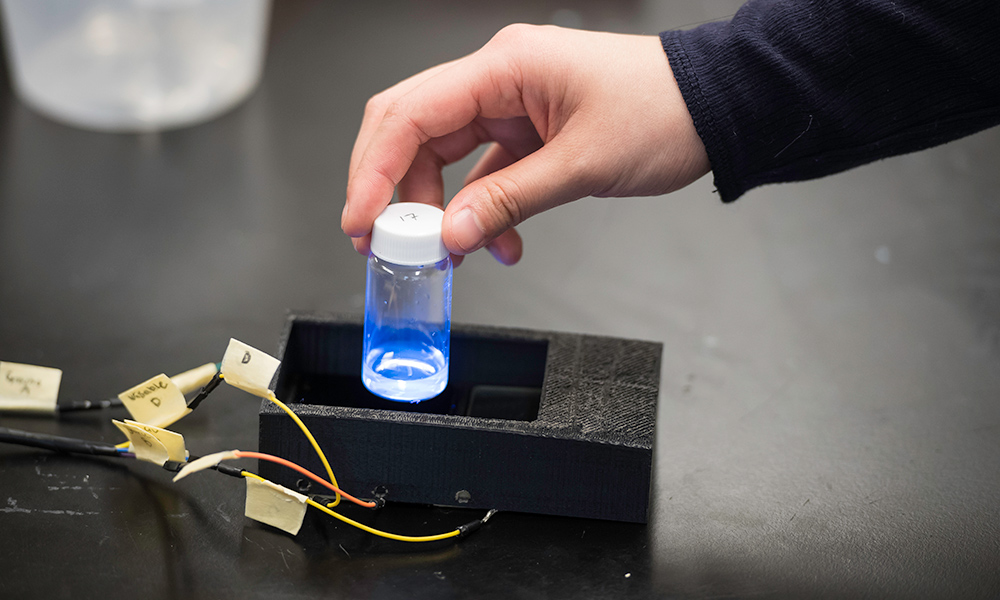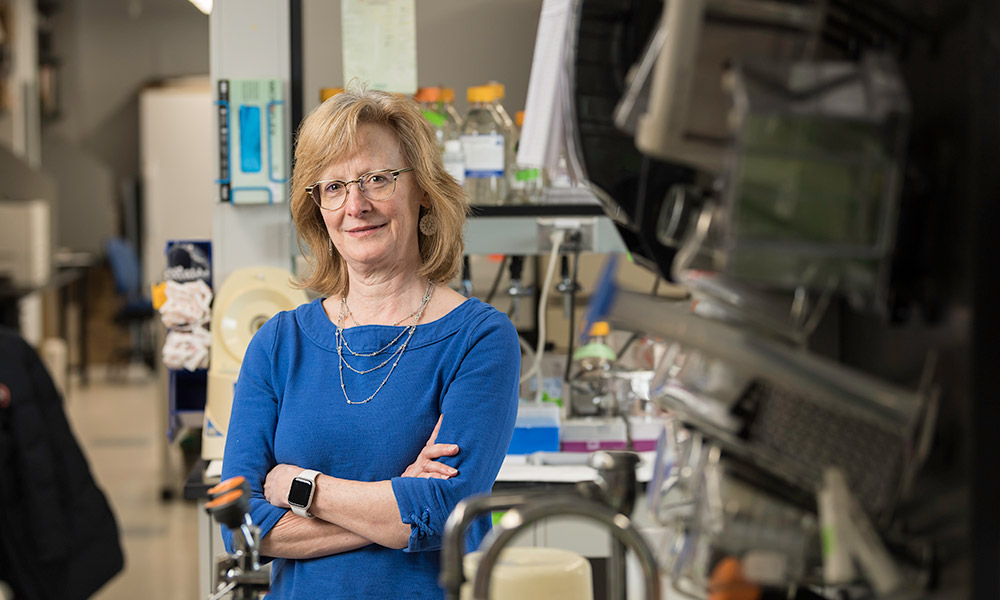
Featured
For chronic skin patients, a solution on a global scale
April 12, 2019
A skin patch developed by Rochester professor of dermatology Lisa Beck and her colleagues to treat a chronic skin condition could one day be used to deliver vaccines without the pain and expense of needles.


